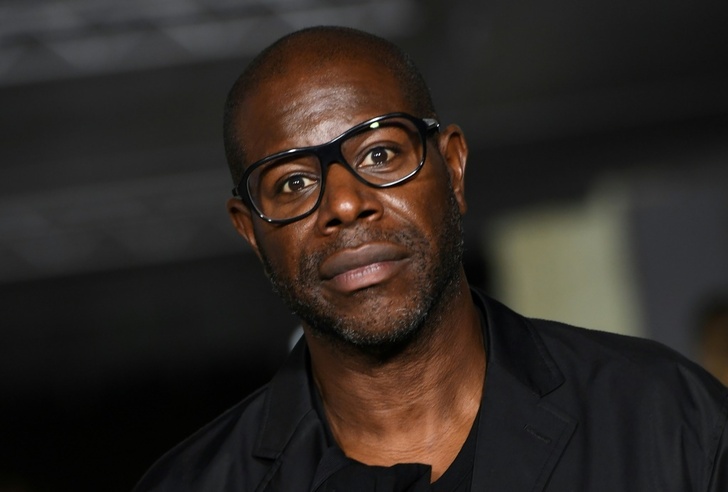Eyelids grew heavy and bums numb on Thursday at a four-and-a-half-hour screening of Steve McQueen's documentary on Amsterdam during World War II, which Cannes critics either adored or suffered through.
The director of Oscar-winning "Twelve Years a Slave," tells the story of Nazi-occupied Amsterdam -- a city where he now lives -- without a single shot of archival footage.
Instead, he films people in their homes and scenes around the city, while a narrator recounts, without emotion, the horrors that took place in that spot when the Netherlands suffered one of the highest rates of Jewish deaths in Europe.
Much of the documentary, "Occupied City", was filmed during the Covid lockdown, and images of boarded-up stores, an announcement of a curfew, and protests, at times play as a backdrop to the World War II narration.
The disconnect between past and present is purposeful.
"It's about living with ghosts and about the past and the present sort of merging," McQueen told Variety magazine.
However, the lengthy museum-installation style documentary had several audience members nodding off. More than two dozen left before the 15-minute intermission, with others not returning for the second half.
Some critics gushed over the monumental project and its novel approach, with Deadline calling it one of the "great WWII-themed films," while others slammed it as "numbing."
"The film is a trial to sit through, and you feel that from almost the opening moments," said Variety.
"It's more like listening to 150 encyclopedia entries in a row. Who did McQueen think he was making this movie for? If it plays in theatres, it seems all but designed to provoke walk-outs."
"Occupied City" is inspired by a book written by McQueen's historian partner Bianca Stigter: "Atlas of an Occupied City (Amsterdam 1940-1945)."
McQueen shot 36 hours of film for the project over three years.
"It wasn't a case of wanting to do something long," McQueen said in an interview with IndieWire. "It was a case of wanting to do something right."
"As much as it is about the past, this film is extremely about the present," McQueen said.
"Unfortunately, we never seem to learn from the past. Things sort of overtake us," he said, referring to the rise of the far-right in modern times.
fb/ach
© Agence France-Presse
Your content is great. However, if any of the content contained herein violates any rights of yours, including those of copyright, please contact us immediately by e-mail at media[@]kissrpr.com.
Source: Story.KISSPR.com

